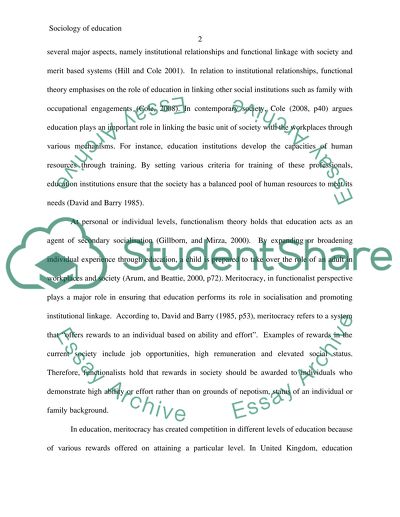Cite this document
(“Sociology of Education Essay Example | Topics and Well Written Essays - 2750 words”, n.d.)
Retrieved from https://studentshare.org/education/1395682-sociology-of-education
Retrieved from https://studentshare.org/education/1395682-sociology-of-education
(Sociology of Education Essay Example | Topics and Well Written Essays - 2750 Words)
https://studentshare.org/education/1395682-sociology-of-education.
https://studentshare.org/education/1395682-sociology-of-education.
“Sociology of Education Essay Example | Topics and Well Written Essays - 2750 Words”, n.d. https://studentshare.org/education/1395682-sociology-of-education.


